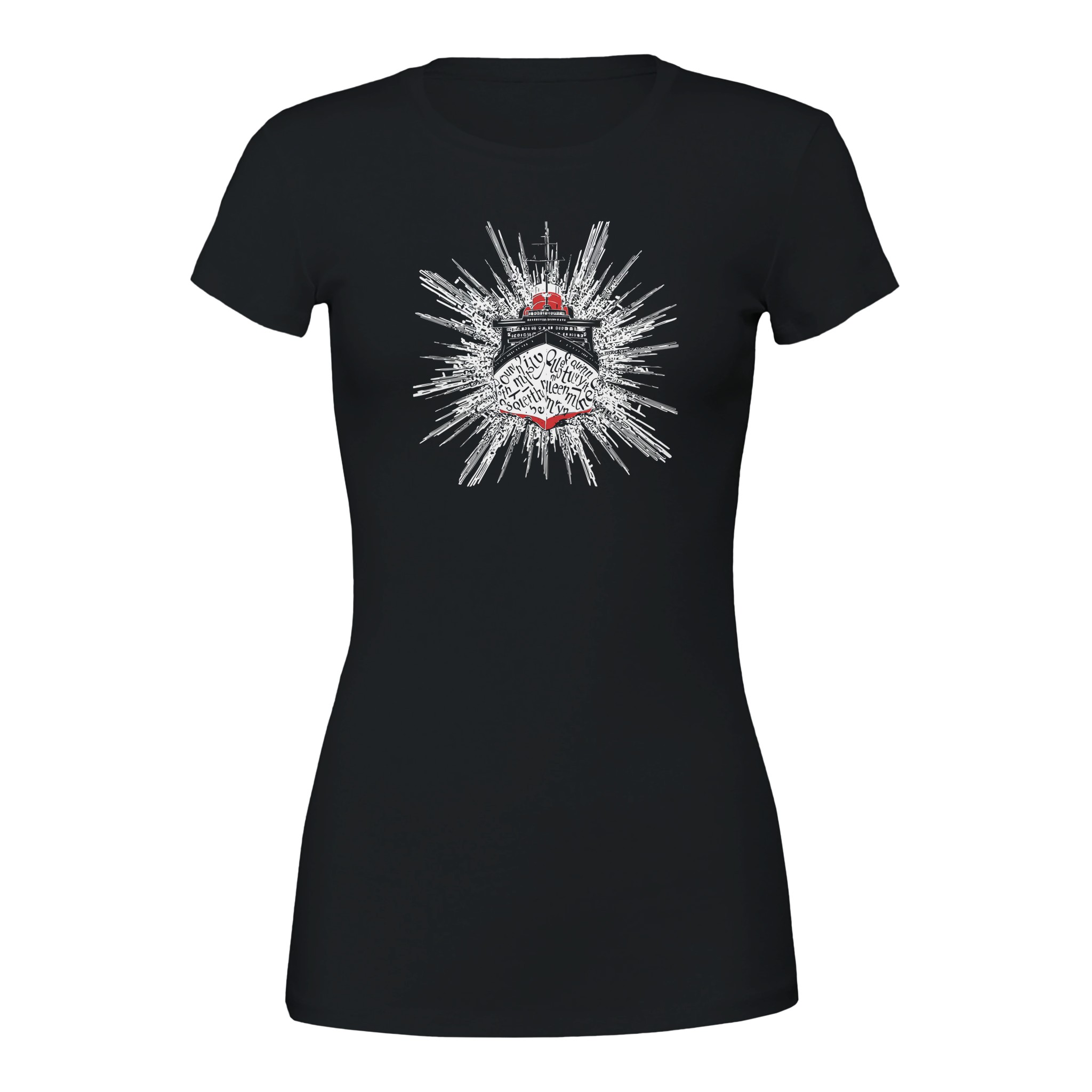Spoken in Ten, Rooted in One
Britain's Evolving Identity, Word by Word
By Peter
Published 11th April 2025

Just past Maryhill Road, a man in his forties gets on the bus and nods to the driver: “City Centre, bruv—safe.” The words roll out in a rhythm, part Glasgow, part London—an Afro-British blend that easily lands. They sound like they’ve always belonged together—but they haven’t. Not until now.
In Glasgow, this is the new sound of home.
But it’s not just Glasgow. From Leicester to Leeds, Camden to Cardiff, cities across the UK are humming with hybrid languages—where Scottish slang merges with Urdu, London lingo bounces off Somali phrases, and Polish endearments sit comfortably alongside Yorkshire drawls.
Across a multicultural UK, communities are finding ways to speak that reflect where they are—and where they’ve been.
Traditionally, British identity meant speaking a certain way—often tied to Englishness, monarchy, manners, and shared cultural references rooted in whiteness. But today, that notion is changing.
This shift brings with it a subtle but powerful clash. On the surface, it lies between that older idea of Britishness—and the evolving, multicultural realities of a country whose voice is now formed by many. Beneath that, there’s a deeper tension between the pull to preserve a stable sense of belonging and the truth that identity, language, and culture are constantly in motion—reshaped by those finding new ways to speak, live, and belong. It’s a clash between language and belonging, past and present, comfort and change, preservation and evolution.
At the heart of this shift is a simple truth: language carries more than meaning. It carries memory. And when ten tongues move through the same streets—English, Scots, Arabic, Somali, Polish, Sylheti, Punjabi, Urdu, and more—they don’t cancel each other out. They contribute to something bigger. Not a single voice but a shared soundscape. Not a single root, but shared ground—not sameness, but the everyday spaces we share: the city street, the park bench, the corner shop queue, where different lives quietly learn to live alongside each other. Shared ground is where accents overlap, where greetings echo in ten languages and still feel like home. It is not a perfect harmony—but a practised one—a daily rhythm of coexistence, layered and local.

The Sound of Survival: Language, Silence, and the Cost of Fitting In
What Wasn't Said
Risk in Every Accent
The silence ran deeper for some, especially those navigating uncertain status or feeling unwelcome. Speaking up wasn’t just about language—it was about risk. In a country where accents could still draw questions, invisibility sometimes felt safer than self-expression.
Of course, not all responses were hostile. Many found neighbours who listened, teachers who encouraged, and strangers who became friends. There were youth workers who helped with school forms, local shopkeepers who took the time to learn names they couldn’t pronounce, football coaches who welcomed every accent onto the pitch, and communities who opened their halls—and their hearts—to something unfamiliar. Still, the pressure to conform often operated beneath the surface, shaping how people moved, spoke, and imagined their place in the world.
And years later, many of those same adults are beginning to reclaim what they once tucked away. Their accents still carry traces of caution—but their voices are no longer quiet.
Not One Voice, But Many: Identity as a Living Thing
British identity—whether Scottish, English, Welsh, or Northern Irish—has never been fixed—it has always drawn from many tongues: Gaelic, Urdu, Caribbean Patois, Estuary English, Romani, Punjabi, Somali—language as identity, layered and lived. It’s built from the movement of people, from the contradictions of empire, from the resilience of working-class voices, and the quiet pride of newcomers.
Waves of Irish labourers, Caribbean seafarers, South Asian shopkeepers. Some arrived with passports. Some didn’t. But all brought something with them—something that now lives in the accent of our cities.
That layered past sets the stage for an even more dynamic present.
And now, in places like Glasgow, Birmingham, and Bradford, identity is becoming increasingly multifaceted—with the presence of Pakistani Scots, Black British creatives, Polish Glaswegians, Kurdish Mancunians, Roma artists. They’re not replacing what it means to be British—they’re helping shape a more shared, plural version: Britain’s next chapter.
Change Isn't Always Comfortable
For some, that shift is thrilling—alive with possibility. For others, it can feel disorienting. The street no longer sounds like the one they grew up on. The rhythms of daily life are changing. That discomfort is real and deserves to be heard, not dismissed.
For some, the discomfort goes deeper than language. It’s not just the unfamiliar words but the behaviours, customs, or social rhythms that now shape their streets. The shift can feel like a loss of something shared—order, familiarity, ease. And while it’s tempting to dismiss these feelings as resistance to change, they often come from something more human: a fear of being left behind in a place that used to feel like theirs.
That discomfort is real and deserves to be heard, not mocked. But here’s the other truth: the people bringing new sounds, new foods, and new ways of being are not trying to erase anything. Most are simply trying to build a life, survive, and belong. And sometimes, in that struggle, the mess and magic of transformation collide.
Shared Struggles, Shared Ground
It’s also true that working-class communities—regardless of origin—have long carried the burden of adapting. Many white British families, too, know what it’s like to code-switch, to keep your head down, to try and “fit in” to systems not designed for you. The clash, in that sense, is shared.
So, is it sad? Maybe, for some. But there’s a strange kind of poetry in it. Because alongside the sense of loss, there’s something else taking shape—a quiet reminder that belonging doesn’t always speak in one voice. That tradition doesn’t vanish when new rhythms enter the room—it adapts, it echoes, it finds new ways to be spoken. And identity, like language, grows strongest not in isolation but in shared ground.
The Journey in Every Word: Migration, Memory, and Meaning
Voices in Motion
Before you hear the voices, feel the movement—language crossing oceans, settling into streets, reshaping the rhythm of daily life.
Imagine a ship—its hull weathered, words spilling from its sides like cargo that won’t stay still. It’s not neat. It’s not quiet. Each letter is a voice, a memory, a mother tongue half-remembered. Gaelic syllables tumble into Arabic phrases. Jamaican patois knocks against Urdu idioms. The vessel doesn’t sail smoothly—it groans forward, heavy with story.
This isn’t just a metaphor for movement. It’s a portrait of Britain’s voice in motion—built on arrivals, departures, and everything carried in between. The Irish who came with calloused hands. The Caribbean sailors who stayed after the storm. The South Asian shopkeepers who planted roots in concrete. Some came welcomed, some came hidden—but all came speaking.
The Loop That Never Repeats
Now, zoom out. From the water to the road—winding inland from the docks. First, they came by boat. Then came the streets—motorways and A-roads threading through the island. They moved again into tower blocks, takeaway shops, textiles, and taxis. From Liverpool to Luton, Glasgow to Slough. The signs began to change—literally and linguistically. New alphabets began to surface on shopfronts, menus, and community boards—woven into the city’s everyday rhythm.
Ten tongues in motion. Rooted in one shared ground.
The journey loops but never repeats. Each turn adds something new—sometimes clarity, sometimes contradiction.
This is what the clash looks like when you close your eyes. Not a battle. Not just a slogan. A landscape shaped by voices still finding space to speak.
Letting the Accent Settle: Belonging, Gently Reclaimed
There’s something powerful about watching people reclaim a hybrid identity they once felt pressure to hide. For some, the clash becomes art. For others, it becomes activism. For most, it simply becomes life.
And maybe that’s enough.

The Revolution in Everyday Moments
Maybe the real revolution isn’t loud. Maybe it’s in a boy switching from Punjabi to English mid-sentence at school—not to fit in, but because that’s how his thoughts land. Maybe it’s in a mate signing off a text with, “Peace, bhai.” Maybe it’s in a father speaking Polish to his son while ordering chips in a Glaswegian drawl. Maybe it’s in the woman who used to lower her voice in public, now laughing with her sister in Arabic at the bus stop. Maybe it’s in a grandmother telling stories in Somali at the park, while her grandson listens in English and answers in a mix of slang, memory, and love.
It’s not a revolution of banners—it’s a revolution of belonging.
Plurality isn’t new here. But how we recognise it—how we live, speak, and belong together—is still unfolding. And in Glasgow—where this new voice has been quietly building for years—that plural is beginning to sound like home.
People Make Glasgow, the slogan says. They always have. And now, as those people speak in many languages, carry layered identities, and move through lives shaped by journey and place, the city sounds different—but it’s rooted in one shared ground: a place where voices mix, evolve, and grow side by side.
A Story You Can Wear
Inspired by Spoken in Ten, Rooted in One: Britain’s Evolving Identity, Word by Word, we created a collection of T-shirts born from the quiet tension between tradition and transformation, memory and motion. Each piece reflects Britain’s evolving voice—where ten tongues don’t divide, but weave shared stories into everyday wear.
T-Shirts to Express Yourself
T-Shirt Spotlight: LINGUA TIDE
Where voice becomes a vessel. Some truths don’t shout—they sail in, steady and strong. The LINGUA TIDE T-shirt honours those who’ve spoken through silence, carrying memory across the clash of cultures and time.
T-Shirt Spotlight: ACCENT ROAD
Where every turn holds meaning. The ACCENT ROAD T-shirt loops like a lived-in map—drawn by dialects, detours, and growth. A rhythm of identity in motion, stitched with roots and forward steps.
So, where do you go from here?
That’s your story to tell.
Scroll down, share your thoughts, or simply sit with the question.
The comment section is open — and we’re listening.

















Language is constantly changing—just as we are. What are you carrying with you, and what will you help shape next?